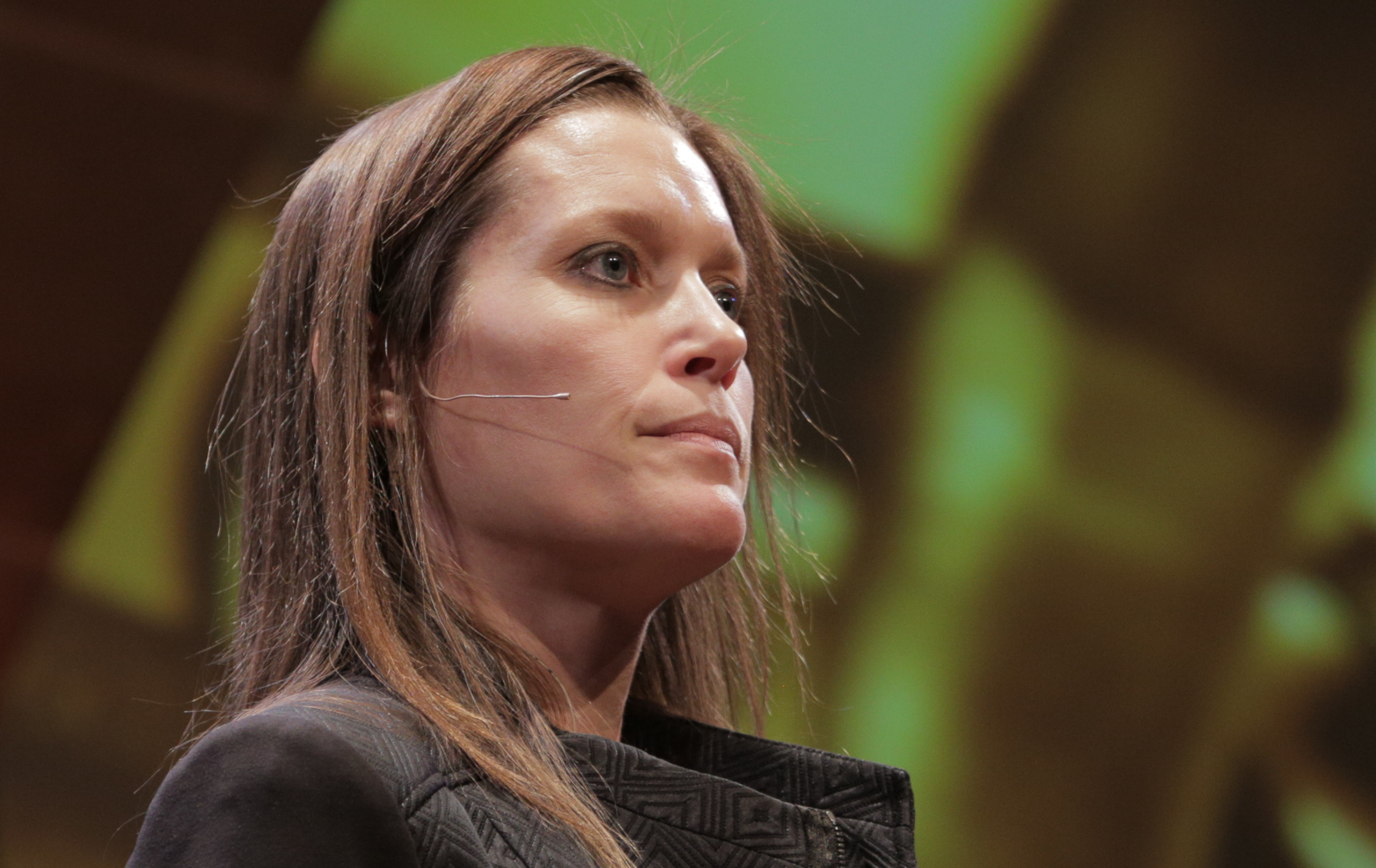Interview with Renee Knake, founder of one of the first “law labs”
Josef sat down with Renee, the Professor of Law at the University of Houston and current Fulbright Distinguished Chair in Entrepreneurship and Innovation at RMIT, to learn from her experience.
How did you get to where you are today, Renee?
I actually realised just the other day that it’s the 20 year anniversary of me graduating from the University of Chicago. Most of the things that I’m researching on the Fulbright did not exist at that time. That tells me two things. The first is that I’m a relic, a dinosaur. [Laughs]. The second is about the rapid pace of innovation and change.
The question that has driven me since law school is how a profession that is devoted by necessity to looking at the past can also have an obligation to innovate.
I practised law for a handful of years, as many of us do, in a large corporate firm and then in local government. I found much of the day-to-day work to be inefficient and even downright unpleasant as the lawyer. And I observed problems on the client side too. Many people couldn’t find or afford legal services.
When I became an academic, I wanted to think deeply about how the legal profession could become more affordable and accessible. The early work I did was in trying to encourage and guide reform to regulations, which I saw as an obstacle to increasing access to justice.
But, after several years of that, I realised reform wouldn’t be enough. It would be too slow and not transformative enough. That’s when I turned to ideas of entrepreneurship and innovation. I was teaching at Michigan State at the time and I founded a law lab called Reinvent Law. My primary motivation was to expose law students and lawyers to tools from other industries that were being revolutionised through tech and design-thinking.

Renee Knake's research on legal entrepreneurship, innovation and access to justice is world leading.
What did you learn from Reinvent Law?
One of the key learnings for me was that, if you’re passionate about something, you should take a chance. The motivation for starting Reinvent Law was out of concern for my students, helping them find rewarding and meaningful careers in law. This wasn’t just because of the state of the industry and the broader economy at the time. It was also because of my experience as a lawyer.
So, I wanted to infuse entrepreneurship into their studies to improve their understanding of the legal profession and their role in it. Now, it’s wonderful to see the things that former students are doing. One of them is the Deputy Director and Counsel for the American Bar Association Centre for Innovation. Another is a legal solutions architect for a major law firm in the US. Neither of those jobs existed when I was in law school. What I find even more amazing is that my students who went into these types of jobs, rather than traditional legal careers, seem much happier and content.
Another thing I learned was that there is still so much more to do in relation to legal service delivery and customer adoption. There are so many ways to improve and a lot of low-hanging fruit. I don’t think that the legal profession has fully adopted new tools and innovations.
“There is still so much more to do in relation to legal service delivery and customer adoption. There are so many ways to improve and a lot of low-hanging fruit.”
You’ve watched the legal tech and innovation space grow and mature over the years. What are the greatest successes you’ve seen? What about the biggest failures?
I’m always reluctant to name names! I will say that things aren’t always what they seem at first glance, and what appears promising and successful today can sometimes be gone tomorrow. But an important part of my research is examining successes and failures, because we can learn a lot from both, and often it’s what we learn from failure that leads to future success.
One observation I do have is that success, like Josef’s success, is unusual. I see a lot of people winning Hackathons and startup pitching competitions. It’s really fun and students learn a lot. For example, they learn how to present in public and write a business plan, which means also learning about the market for legal services and regulation of the profession.
But after these events end, the students can get really frustrated. Some don’t just want an “A” or to win the competition. They want to launch their idea into a viable service or product.
It is difficult to take the energy that surrounds the ideas and turn them into actual solutions on the ground. This is in part why I find Josef’s work so intriguing.
That’s so interesting. Would a fair summary of your position be this: the biggest success in the legal tech/innovation space is the energy and the excitement, but the biggest failure is execution?
I think that’s right. The struggle is in harnessing the energy and channeling it. How do we carry that on in the life of a lawyer?
I’ve been thinking a lot lately about the notion that lawyers have a duty to innovate. It’s an extremely controversial idea. The practice of law, after all, is grounded in looking at precedent, exercising caution, proceeding logically. So lawyers may say: “we have duties to our clients for example to keep confidences and to be competent and to avoid conflicts of interest. We don’t have a duty to innovate.”
But I think that’s wrong. I think that lawyers should be subject to an affirmative obligation to seek out process improvements, both in terms of their practice and in how the public accesses the law.
You’re working on a book at the moment. Can you tell me more about that?
The book is tentatively titled Law Democratised: A Blueprint for Access to Justice. In it, I explore the access to justice problems facing the world – like 80% of the public in Australia and the US cannot or do not access lawyers for problems that arise in their lives – and come up with a blueprint of sorts for how to fix it.
Also, when I talk about access to justice I don’t just mean legal aid. I also think of corporate clients who want affordable legal services. I look at that too in the book.
“I’ve been thinking a lot lately about the notion that lawyers have a duty to innovate. It’s an extremely controversial idea. The practice of law, after all, is grounded in looking at precedent, exercising caution, proceeding logically.”
I hope this doesn’t seem like a callous question, but why should lawyers care about access to justice?
There are a few reasons.
As someone who has the privilege of being a member of the profession, we have self interest and public interest in ensuring the integrity of the justice system. People believe in the rule of law only to the extent they respect the justice system. Access to the law, fair access, is essential to preserving the public’s respect.
At a more fundamental level, we should care about access to justice because we want people and society to safe and healthy. We want our loved ones to be safe and healthy. That is access to justice. It’s a basic aspect of preserving our way of life in a democratic society, especially one that continually evolves to provide fuller equality and justice.
Josef and you have been friends for a while now. What is Josef to you?
One of the things that’s very difficult in this space is to know and measure and understand when something is truly innovative and when it’s hype.
I would say that Josef is an example of the kind of innovation that lawyers can and should be doing. You were originally motivated by a real problem that you saw in the law. And you figured out in the short term how to address that with innovation. After you solved the first problem, you built upon that innovation success to create a platform for other lawyers to engage in similar efforts. If lawyers have a duty to innovate, I see you fulfilling that to improve the practice of law and also to externally expand help to those who need it. Your work epitomises both of those aspects of innovation.
To me, Josef is an example of a unique environment in which a lawyer could innovate successfully.
